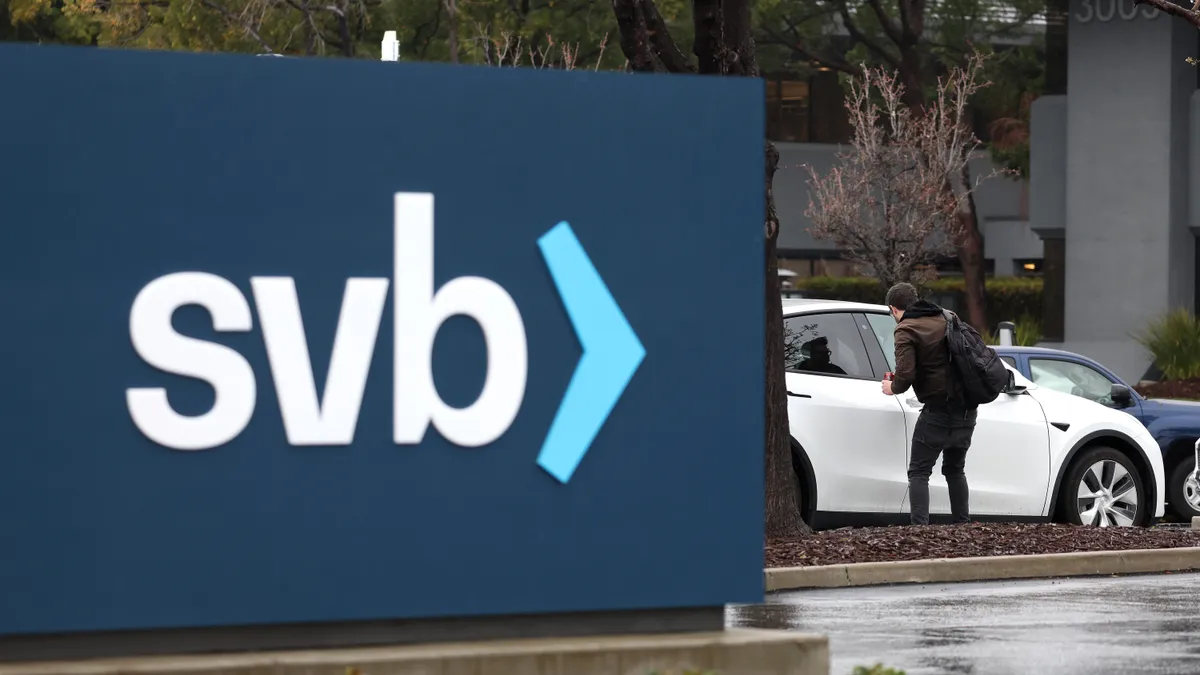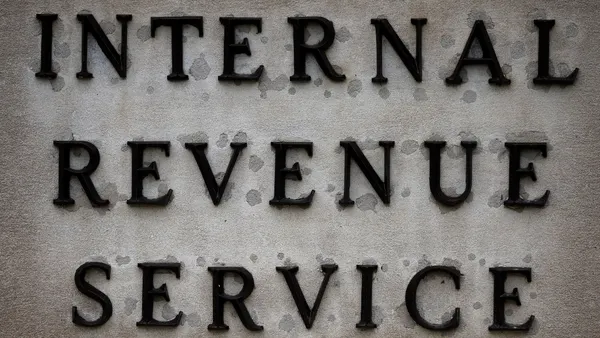The Internal Revenue Service sued the Federal Deposit Insurance Corp. in federal court Tuesday to recover roughly $1.45 billion it alleges Silicon Valley Bank owes in taxes.
The amount covers corporate income and employment taxes due between 2020 and 2023, when the bank failed and the FDIC took over as receiver.
The figure, though, is an estimate because it is still reviewing SVB’s tax returns, the IRS said in the complaint seen by Bloomberg and Reuters. Some of the employment taxes have been paid, the tax agency said, without specifying how much.
The FDIC has denied SVB’s entire tax claim, according to the complaint. The IRS wants a judge to overrule the FDIC and determine the validity and amount of taxes owed.
It’s hardly the first time the FDIC has been sued over its treatment of SVB’s assets — especially in relation to taxes. New York City sued the FDIC last month to collect more than $2.1 million in taxes it claims SVB owes. In the following weeks, the city sued the agency for back taxes from Signature and First Republic, two other banks the FDIC took over last year. The city claims those banks owe $44 million and $7 million, respectively.
SVB’s former parent company, SVB Financial, has sued the FDIC, too, for over roughly $1.9 billion in cash the agency seized in its bank takeover.
SVB Financial argued the FDIC should repay the cash because the company pledged to fully backstop "all deposits" at the bank, including those over the $250,000 threshold the FDIC guarantees. The FDIC, however, argued the seized cash covers the cost of bailing out the failed bank.
While that legal battle continues, SVB Financial last month reached a deal that, pending court approval, would transfer its remaining venture capital operations to a new entity backed by key creditors, according to documents filed at a U.S. bankruptcy court in Manhattan.















